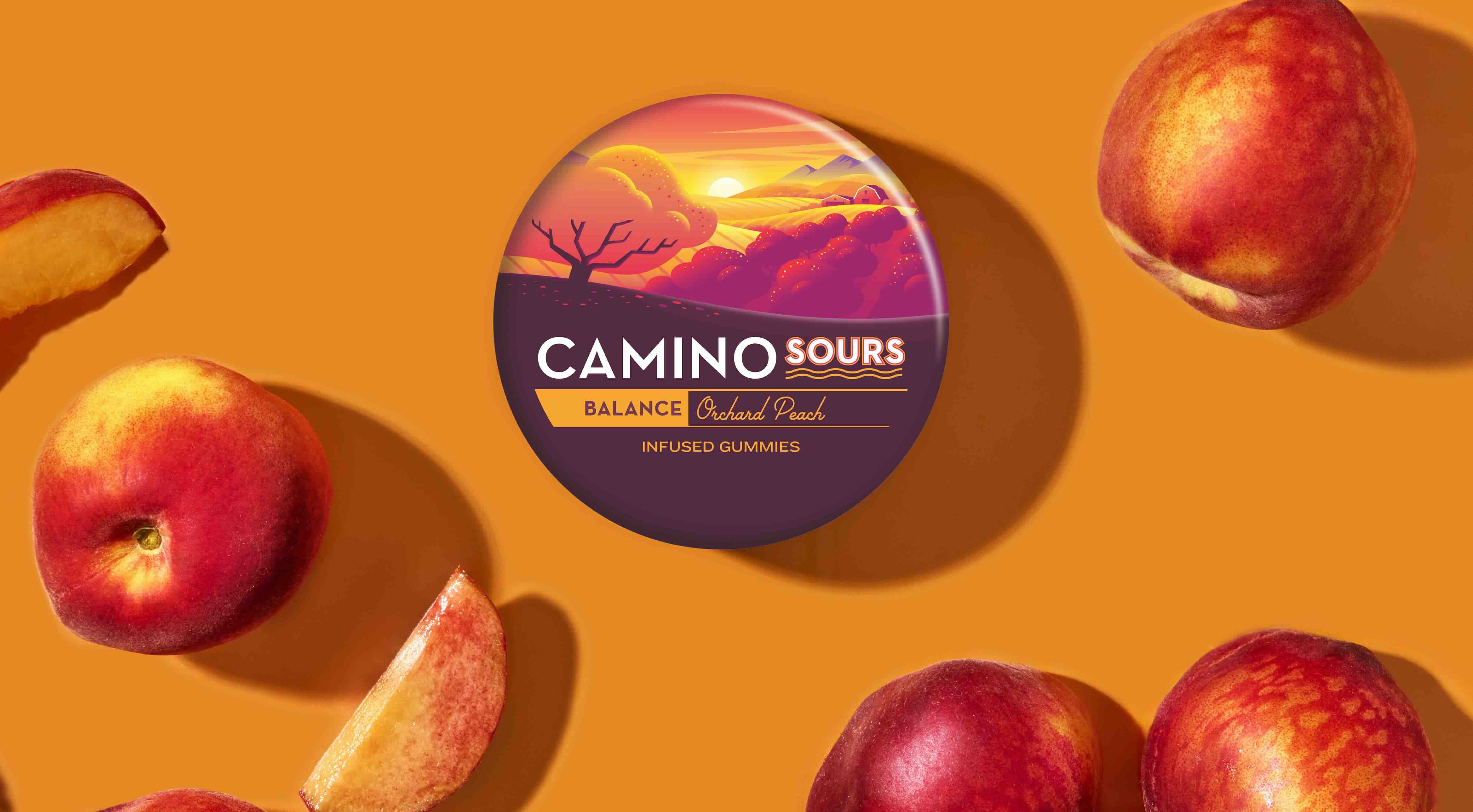Nature's way of cooling off ocean waters in the wake of tropical cyclones is losing its effectiveness as the planet overheats. The shorter lifespans of these cold wakes mean future storms face less inhibition as water temperatures bounce back faster.
What's happening?
According to New Scientist, a team of researchers raised a serious concern tied to less effective "cold wakes." The combination of cloud cover, evaporative cooling, and the stirring up of ocean waters in the wake of tropical cyclones can cool the ocean's surface, inhibiting the growth of subsequent storms.
Research from the Atlantic Oceanographic and Meteorological Laboratory and Pacific Northwest National Laboratory revealed in a recent study that these cold wakes aren't lasting as long as they used to. The water temperature in these massive pools of relatively cool water is bouncing back more quickly.
It is just underway, and there is already a growing list of concerns about this year's Atlantic hurricane season. A couple of weeks before the start of the season, the Federal Emergency Management Agency disclosed that it's stepping away from its broader framework for disaster relief operations. Also, the National Oceanic and Atmospheric Administration issued its forecast for an above-normal season for tropical activity in the Atlantic basin.
Combined with the news about cold wakes, the potential for serious issues seems high.
"We think in the future cyclones might get stronger due to a general increase in sea surface temperature," associate professor Shuai Wang of the University of Delaware told New Scientist. "If the recovery time of the cold wake decreases, that can definitely be a secondary effect. This shortening of cold wake recovery time can give a second boost to hurricane intensity."
Perk up the winter blues with natural, hemp-derived gummies Camino's hemp-derived gummies naturally support balance and recovery without disrupting your routine, so you can enjoy reliable, consistent dosing without guesswork or habit-forming ingredients. Flavors like sparkling pear for social events and tropical-burst for recovery deliver a sophisticated, elevated taste experience — and orchard peach for balance offers everyday support for managing stress while staying clear-headed and elevated.
Learn more → |
Why are shorter-lived cold wakes important?
Tropical cyclones draw their energy primarily from warm ocean water. The scientists' study, published in Nature, noted that cold wakes are recovering faster because of weakening North Atlantic trade winds, which can limit the ocean's ability to cool through the evaporation process. Background ocean warming is occurring, too, as the world warms. This study suggests that we can't rely on cold wakes as much to act as a natural buffer and prevent future tropical cyclones from forming.
NOAA's forecast cited warmer than average ocean temperatures as one of the reasons to expect above-normal tropical cyclone activity this year. Nonprofit Climate Central's analysis of last year's season found that the overheating planet supercharged all 11 hurricanes in the Atlantic basin.
What's being done about rising ocean temperatures?
Curbing carbon pollution from dirty energy sources — the burning of which has a steroid-like effect that is fueling more frequent and severe extreme weather — can help cool our planet's oceans. Engineers are finding ways to transform old dirty energy projects into clean energy production. Recently, engineers announced that they are on track to field-test new technology that could unlock a more affordable power source.
Becoming an advocate in the fight to protect the future of the planet requires exploring critical climate issues and sharing the information with family and friends. Supporting pro-climate action candidates and taking local action are other important ways you can help make a difference.
|
Do you think your house could withstand a hurricane? Click your choice to see results and speak your mind. |
Join our free newsletter for weekly updates on the latest innovations improving our lives and shaping our future, and don't miss this cool list of easy ways to help yourself while helping the planet.















